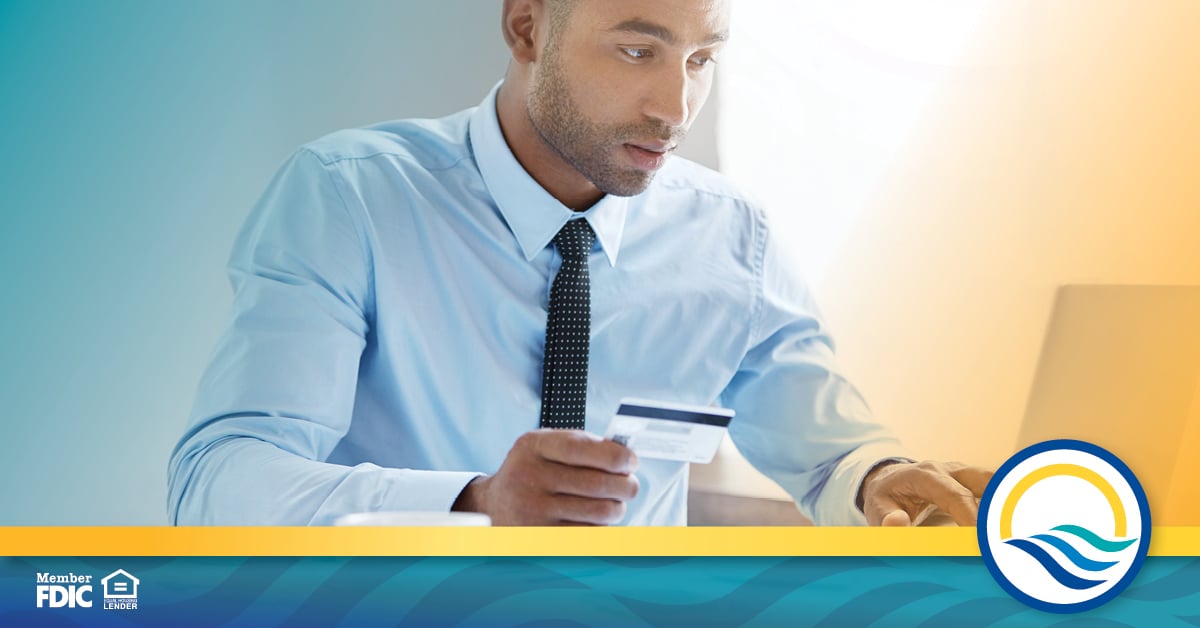When Should You Use Your Debit Card for Purchases?

Back when you were young and first opened a checking account, you probably used your debit card all the time, feeling the freedom of making purchases without needing to predict how much cash to have on hand.
Now that you have a credit card, you hardly ever use your debit card anymore — but should you? Are there times you should use your debit card to pay for purchases instead of using cash or a credit card? In fact, there are! Here’s a rundown of the most common situations in which you’ll want to grab your debit card when you reach for your wallet.
Avoiding merchant fees
You may assume that just because credit and debit cards look physically identical and can be issued by the same financial institutions, they must function relatively identically. However, they’re far different behind the scenes — especially to retailers.
Some small businesses charge a fee to customers who use a credit card. If you want to avoid this fee, use cash or a debit card. Libby Kane and Jenny Cheng explain in an Insider article that this extra charge is because shopkeepers must pay to process credit card transactions — and not all businesses are big enough to absorb that cost without passing it on to the customer.
If you want to avoid credit card transaction fees while financially supporting a small business you esteem, you can help the shop protect their profits by using a debit card. “Aside from being a conscientious patron, also be aware that if shoppers continue to use credit, said small business may increase its prices to compensate,” say Kane and Cheng.
Fast access to cash when you aren’t near an ATM
Here’s a great benefit that paying for a purchase with a debit card will give you: the ability to immediately withdraw cash from your checking account.
When you pay for a purchase with a debit card, you often have the ability to receive money from the cashier right on the spot. “Many retailers offer the option to add a cash amount for withdrawal to your purchase at the point of sale when you use a debit card,” says Erica Lamberg in a CNBC article.
While some credit cards also allow you to do this, you’re going to be charged a fee for it. “When you use a credit card to withdraw cash, it’s considered a cash advance, and you’re immediately charged interest on the transaction,” explains Lamberg.
Manage your spending and avoid debt
Because the money you spend on debit card purchases comes directly from your checking account, you’re more likely to make frugal financial decisions and avoid impulse buys.
In his Investopedia article, Mark P. Cussen points out how the mindset that a shopper has when using a debit card linked directly to their personal funds will differ from the freedom a charge-now-pay-later credit card promises. “By using debit cards, impulsive spenders can avoid the temptation of credit and stick to their budget. This can help keep you out of high-interest debt.”
Using a debit card is a good strategy to cut down on overspending. If you need to pay off your credit card debt that’s racking up interest, use a debit card to avoid adding more to the balance.
Debit cards have more benefits than you may realize. In addition to these mentioned, they typically don’t involve an annual fee, and it’s far easier to qualify for one — you just need an active checking account with money in it.
